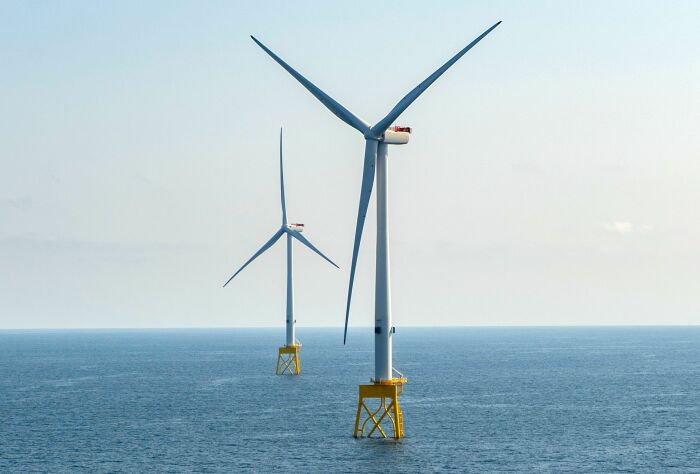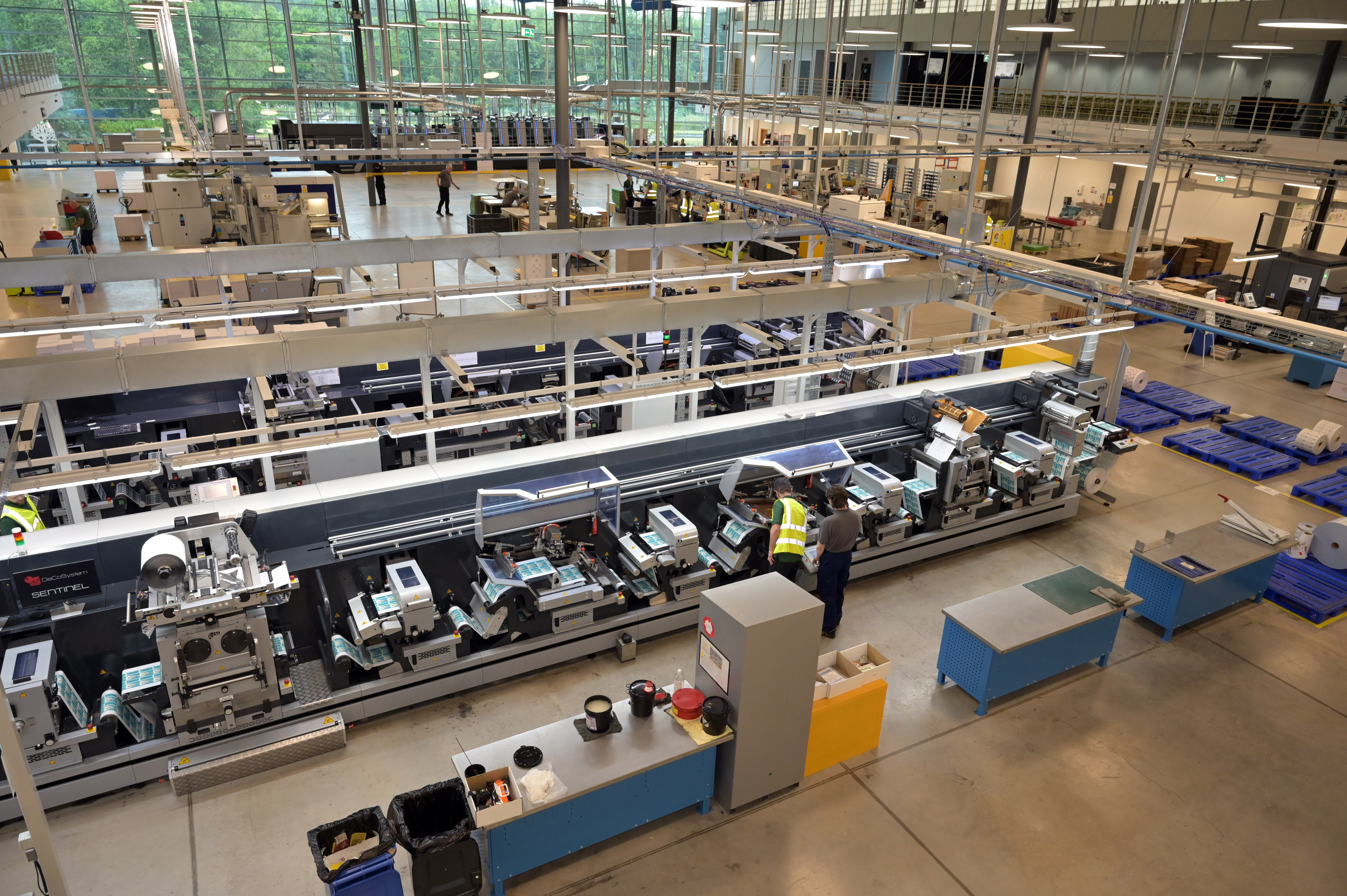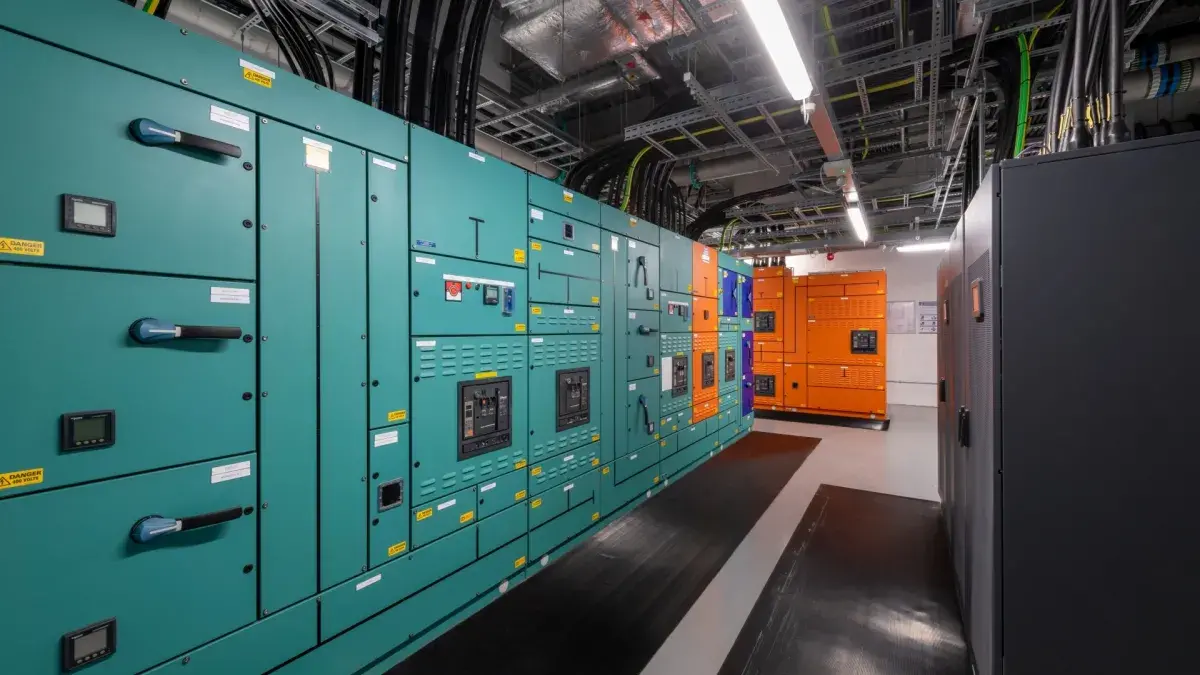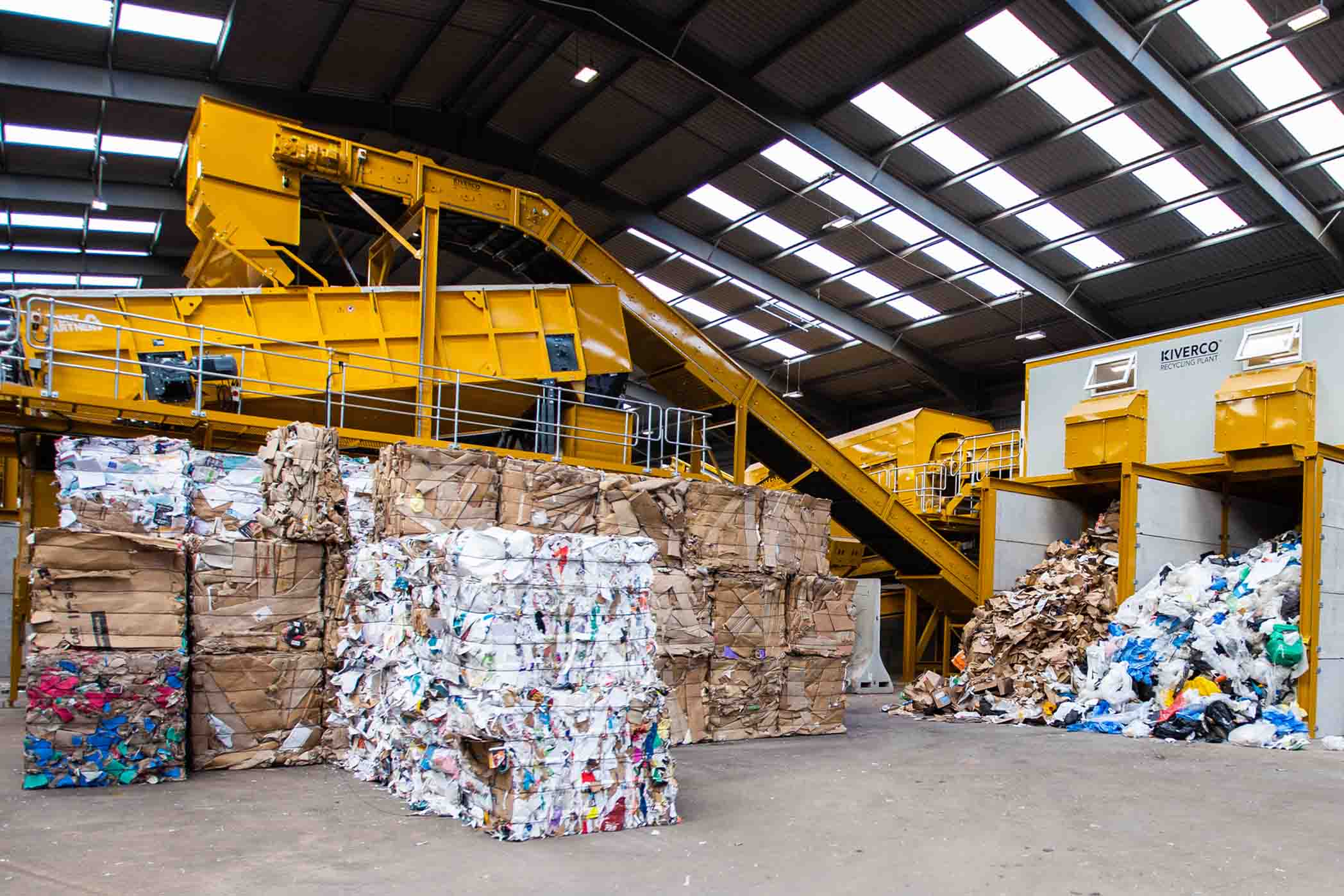The turnover of the ICT sector is estimated at EUR 3 400 million, accounting for 4% of the total GDP. Approximately 6 200 companies operate within the sector. ICT related services, software, hardware, and telecom sub-sectors have grown significantly in recent years. The exportation of foreign-sourced computer hardware and software are a significant share of the sector. The Latvian Information and communications technology association (LIKTA) which was founded in 1998 unites the ICT sector and seeks to promote the development of the ICT sector.
Latvia’s strong ICT sector is couple with fast internet connectivity which is an important factor for global entities based in Riga. Curiously, NATO’s think tank, the Strategic Communications Center of Excellence (StratCom) is based in Riga with a mission “to understand and use state-of-the-art methods that address challenges in the information environment that NATO and NATO countries face.”
Telecom: Latvia has consistently performed well with robust ICT infrastructure in place and ranks in the top 10 countries globally for the fastest Internet access. Investment in mobile communication networks has also meant that around 90% of the country has access to 4G network coverage. Latvia with 65 mobile broadband subscribers per 100 inhabitants is close to the EU average. Three leading mobile network operators compete in the market: Bite, LMT, and Tele2.
Investment continues to improve access to the fixed broadband network in Latvia. This has meant that now around 91% of the population has access to high-speed broadband, whereas the average for the EU is just 71%.
Expansion of the wireless (WiFi) access points network has also meant that most of the major cities in Latvia have access to free WiFi in many areas, as a result of entrepreneurial initiatives and government funding. All libraries and municipal institutions have free WiFi access, and there are over 4,500 free WiFi access points in Latvia, and the numbers continue to grow.
The ICT sector has grown to be of value to just over 4% of GDP since 2011. Latvia has one of the fastest broadband speeds in the EU and some of the lowest tariffs. The cost to access mobile networks in Latvia is 50% cheaper than other EU countries. Most mobile network providers offer unlimited packages for less than EUR 10 per month.
These technological advances in the country have led to various plans of action to develop robust e-services in the state healthcare and government services.
The government is committed to making high-speed broadband accessible to every resident. With the continued investment in ICT infrastructure, download speeds of more than 100 Mbit per second will soon be available to 50% of all residents and strategy aims to reach speeds of 1 Gbit per second by 2020.
One major challenge for the Latvian ICT sector is to lessen the digital divide between urban and rural areas. The government plans to use EU funds to extend broadband networks to rural areas where the private sector investment is lagging behind. The goal by 2020 is to build at least 2 500 km of optical cable lines and create 220 optical network access points.
Plans are already in place to introduce 5G network capabilities to Latvia. Telecom providers such as Bite are already transitioning their networks to support 5G services and applications.
Manufacturing and distribution: Communication equipment, consumer electronic equipment, computers and peripheral equipment are a few of the main products produced in Latvia. ICT manufacturers will continue to increasingly export their products and should seek to diversify sales from the Baltic market. Select companies are leading the segments evolution. One of the recent success stories of Latvian innovation is MikroTik – a Latvian developer of routers and wireless ISP systems. With 140 employees located in its Riga base, the company has grown to export most of its products successfully.
Elko Group is another success story within the segment. The native Latvian group has grown as a distributor of IT products and solutions in Europe and Central Asia. The group surpassed EUR 1 319 million in revenue in 2016. Historically, Elko Group in 2007 became the first Lavian company to reach a turnover above EUR 1 000.
Innovation: Latvia’s ICT sector has historically been a research and development hub since the 1960s when the Institute of Mathematics and Computer Science was first founded. Other Latvian entities such as the Institute of Electronics and Computer Science researched and developed the technology needed for Soviet lunar landing programmes in the 1960s.
Today Latvia’s ICT sector continues to grow through funding in R&D. The countries financial sector is actively investing in R&D to find competitive solutions. Therefore, software development for the finance and insurance industry has been a growing niche segment in Latvia. Latvia has also been successful in showcasing itself as Business process outsourcing (BPO) center for back office services. International companies are increasing their presence and operations in Latvia with Microsoft leading and opening an Innovation Center in Riga in 2017. It is the first in Northern Europe and the objective of the centre is to improve cooperation within the ICT industry and develop exportable IT solutions within Latvia.
Fintech: According to Labs of Latvia, the fintech industry is valued at more than EUR 700 million. “There is substantial interest in FinTech” states Jekaterina Novicka, the president of the Latvian Startup Association. 70% of new startups are focused on either FinTech or the e-commerce field. BitFury, the world’s largest datacenter solution for the cryptocurrency industry has raised EUR 111.3 million. CreamFinance is a recent player in non-bank lending which has raised EUR 27.2 million in funding.
Outlook: Latvia’s Central Statistical Bureau’s data showed the number of employees in the sector rose from 18 900 in 2008 to 30 000 in 2017. This growth occurs despite demographic trends which are negatively impacting the sector’s ability to fill current vacancies and affecting its year on year growth potential.
Latvia’s export of ICT services has been continuously growing and would greatly benefit from additional investment in research and development. Northern Europe has long looked with envy at the Finnish multinational success story of Nokia. The Latvian Nokia is still undiscovered.
























